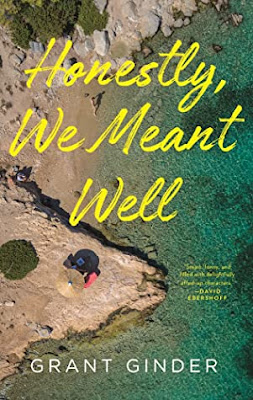"Harry Challenge is a field operative for the Challenge International Detective Agency, a family business. Receiving his assignments by mail and telegram from his nearly-estranged father, Harry bounces around early 20th century Europe, usually accompanied by stage magician The Great Lorenzo (whose abilities may not all be just sleight-of-hand illusions). Intrepid girl reporter Jennie Barr is often on the same trails as Harry, alternately aiding and competing with him in cracking the cases… and as the mysteries may involve werewolf assassins, clockwork swordsmen and the odd vampire or two, Harry can use all the help he can get."
Over
the decades, the prolific Ron Goulart created countless P.I.’s
(Jake and Hildy Pace, Ben Jolson to name a few), with Harry being one of the latest ones released in the
1980s. This genre mix-up of hard case detective, noir thrillers, science
fiction and steampunk is seemly set in an alternate universe –though Goulart
reveals nothing- of Europe, America, the world. A lot of The Prisoner of Blackwood Castle plays out like an
episode of the classic TV series Wild Wild West, but a bit more reserved, if possible. There
is some of Goulart’s trademark wit, here, but the book seems more serious...still, he's clearly not taking anything serious here. There is a tongue and cheek, wink, wink, nudge, nudge satirical air to it, which I liked. Interestingly, I read it nearly forty years ago, when first released in 1984. Surprisingly, I
don’t remember much of the tale. Not sure if I should be worried about that. He wrote a sequel three years later, The Curse of the Obelisk, but then left Harry Challenge behind.



